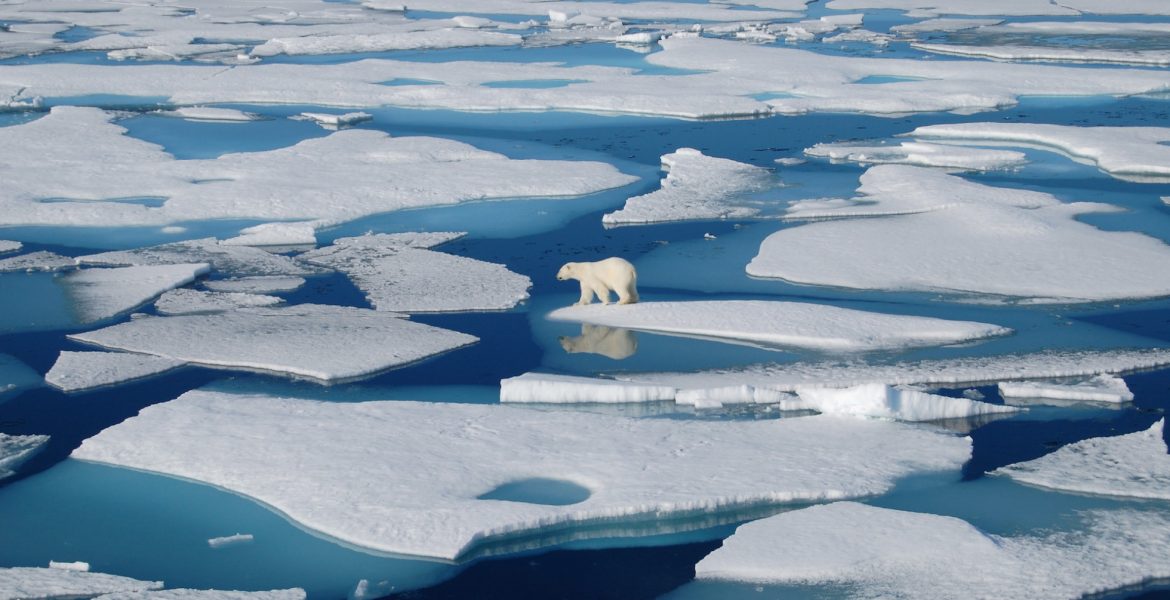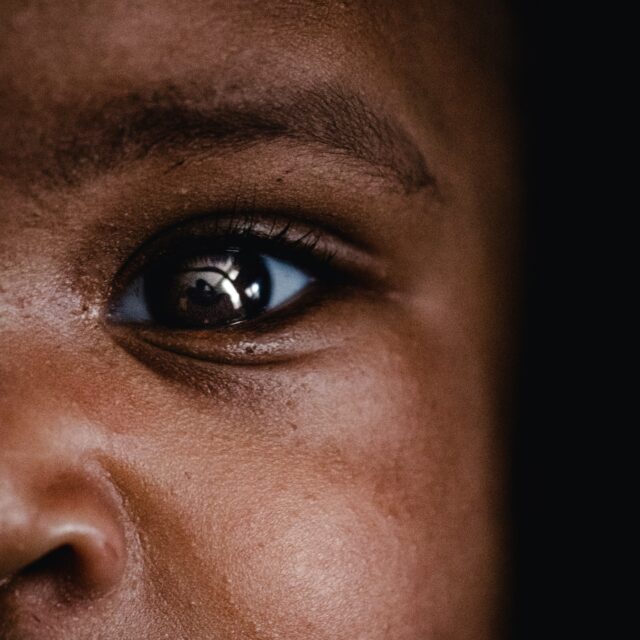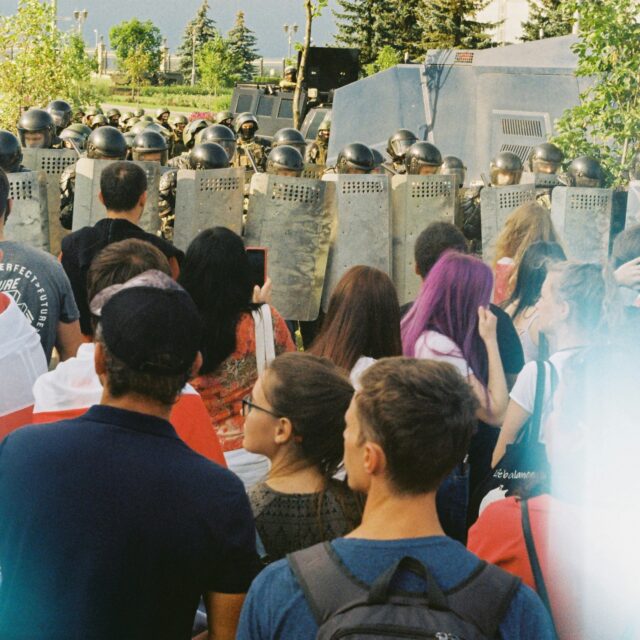The European Parliament has called for constructive international cooperation in the Arctic while issuing warnings over emerging threats to stability in the region.
In a new report on geopolitical and security challenges in the Arctic, adopted on Wednesday, MEPs say that Arctic states and the international community should preserve the Arctic as an area of peace, low tension and constructive cooperation. The EU is committed to the long-term sustainable and peaceful development of the region, they underline.
In addition, the text emphasises that the current Arctic governance model, based on international law, has benefited all Arctic states and provided stability in the area.
Members call on all countries concerned and the EU to respond to the deeply alarming consequences of climate change in the Arctic, including by sticking to the goals of the Paris Agreement.
The culture of the region’s Indigenous Peoples must also be preserved, MEPs stress. All activities in the area, including the use of natural resources, should respect the rights of Indigenous Peoples and benefit them and other local inhabitants.
Furthermore, the report expresses serious concern over the progressive Russian military build-up in the Arctic, which MEPs consider to be unjustified as it significantly exceeds legitimate defensive purposes. Any cooperation with Russia in the region should be consistent with the principle of selective EU engagement with the country, MEPs demand. It should not jeopardise the sanctions and restrictive measures adopted as a result of the Russian government’s actions in other parts of the world, they add.
MEPs are also greatly concerned by far-reaching Chinese projects in the Artic. The EU needs to observe closely China’s attempts to integrate the Arctic’s Northern Sea Route into its Belt and Road Initiative, they say, as this challenges the objective of shielding the Arctic from global geopolitics.
The text was approved by 506 votes in favour, 36 against with 140 abstentions.
“I would welcome an updated EU Arctic policy, which should continue to focus on issues related to local communities, in particular indigenous people. In our report, we also stated that the EU’s Arctic strategy must reflect the region’s new security reality, growing geopolitical tensions and new regional players, like China. We should be aware that we are not alone in the Arctic; together with our close allies the US, Canada, Norway and Iceland, we can build a prosperous and peaceful future”, said rapporteur Anna Fotyga (ECR, Poland) after the vote.




